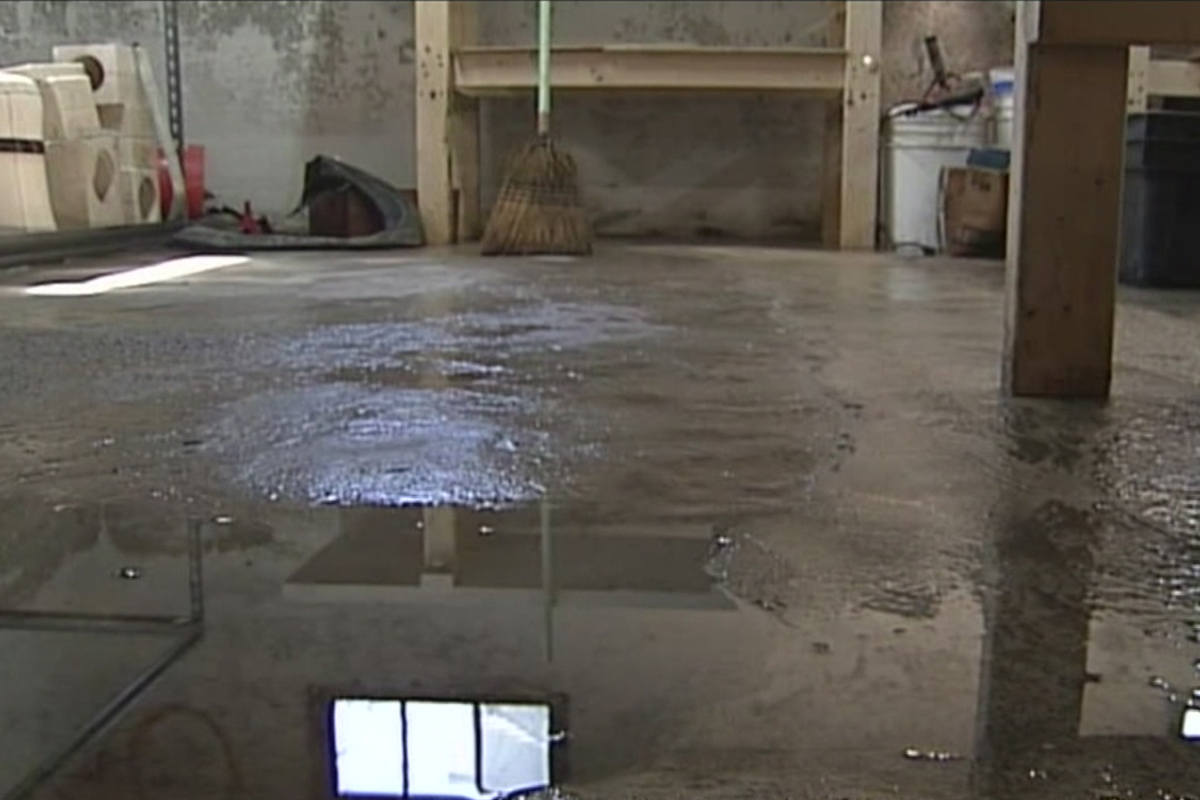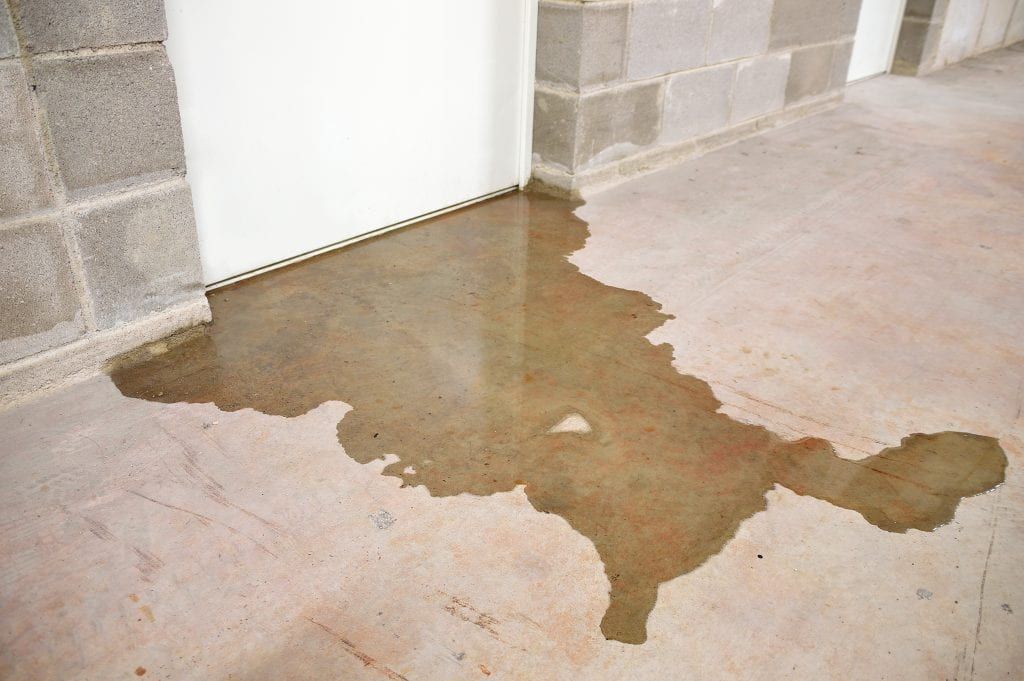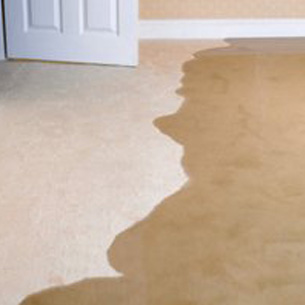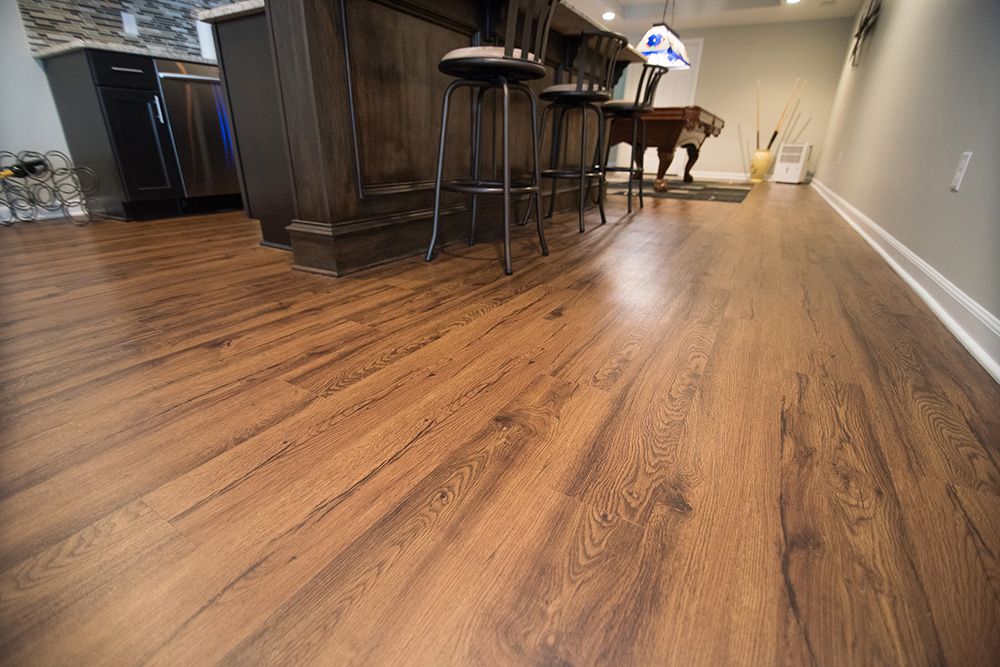Having personally dealt with a basement that experiences water issues, I understand the importance of finding suitable flooring options that can withstand moisture. When it comes to flooring for a basement that gets water, several effective choices are available.
One popular option is luxury vinyl plank (LVP) flooring. LVP is designed to mimic the appearance of hardwood while offering superior water resistance. It is typically constructed with a waterproof core and a protective top layer, making it highly resistant to water damage. LVP is easy to install, and its click-lock system allows for a floating installation, which means it can be placed directly on top of the concrete floor without needing adhesive. LVP is also durable, low-maintenance, and provides excellent insulation against cold basement floors.
Another suitable flooring choice is ceramic or porcelain tile. These materials are highly water resistant and can handle moisture without warping or degrading. Ceramic or porcelain tiles can be installed directly onto a properly prepared concrete floor using a waterproof adhesive. They come in various styles and designs, allowing you to create a beautiful and waterproof basement flooring solution. However, it’s important to ensure the tile installation is properly sealed to prevent water seeping through the grout lines.
Epoxy flooring is an excellent option for a more industrial and utilitarian look. Epoxy coatings create a seamless and waterproof surface that can withstand water exposure without any damage. The epoxy is applied directly onto the concrete floor after proper surface preparation, creating a hard and durable surface that is resistant to moisture, stains, and abrasion. Epoxy flooring is easy to clean and maintain, making it suitable for basements that regularly experience water issues.
If you prefer a more natural and organic look, consider using concrete or acid stain on the basement floor. Concrete stains penetrate the concrete and create a permanent color resistant to water and wear. Acid stains, on the other hand, react with the concrete to create a variegated and unique look. Both options provide excellent water resistance and can be sealed to enhance their durability further and protect against moisture.
Lastly, if you’re on a budget and looking for a temporary solution, interlocking rubber or foam tiles can be a practical choice. These tiles are easy to install and can be removed and replaced. They provide a cushioned and comfortable surface, are resistant to water damage, and can be laid directly on top of the concrete floor without needing adhesive.
In summary, when selecting flooring for a basement that gets water, it’s important to prioritize water-resistant materials that are durable and easy to maintain. Options such as the luxury vinyl plank, ceramic or porcelain tile, epoxy flooring, concrete stain, and interlocking rubber or foam tiles offer varying levels of water resistance and aesthetic appeal. Consider the specific needs of your basement and your desired style to choose the most suitable flooring option that will withstand water and provide a functional and visually pleasing space.
Flooring For Basement That Gets Water
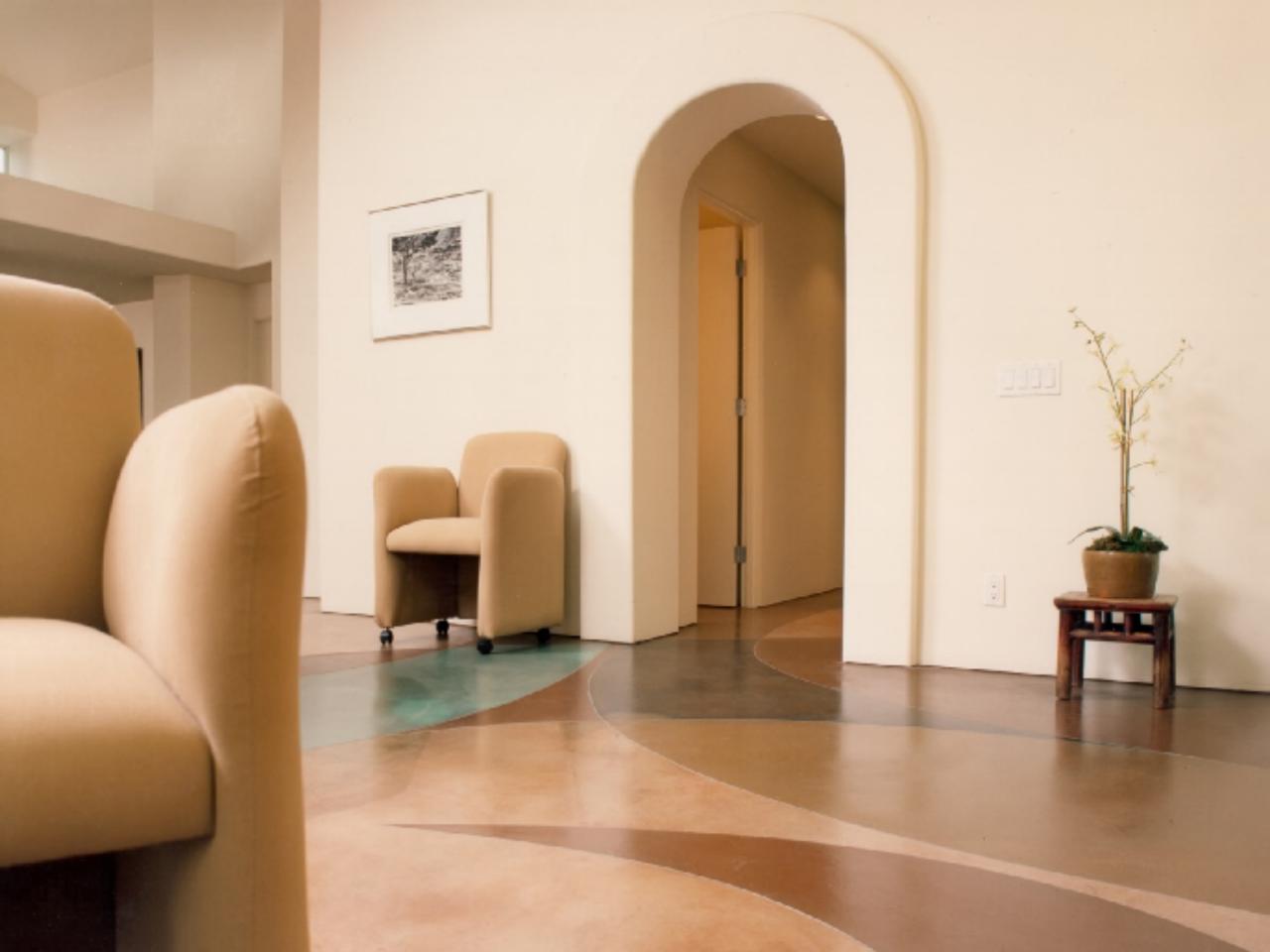
Despite concrete’s hard surface, they are able to still be damaged by spills and must be sealed occasionally. Some better options that you can think about are actually ceramic or perhaps porcelain floor tile, vinyl flooring, or perhaps making the flooring as cement but painting or staining it. Take a moment & take into consideration the flooring surfaces in the rooms in the home of yours.
ThermalDry™ Basement Flooring Systems Waterproof Basement Flooring
These are typically amongst the low-cost solutions that you have, and so they are growing in popularity, particularly as they become far more purposeful and more appealing. By doing some internet research, you’ll be able to find a lot of different choices for basement floor coverings. Don’t choose linoleum floor tile because this is susceptible to basement problems.
Why is Water Coming Up From the Basement Floor? – Aquamaster Plumbing
5 of the Most Durable Basement Flooring Options
Wet Basement Solutions: How to Stop the Leaks From Happening
How to Fix a Wet Basement Floor U.S. Waterproofing
How to recognize a basement leak – Got Water in your Basement? WE
Finished Basement Water Problems: What to Dou2026 U.S. Waterproofing
Rotting Basement Floors Basement Flooring Damaged By Rot, Mold
SOS! Water Coming Up through the Basement Floor after Heavy Rain
How to Waterproof a Concrete Basement Floor – Rawlins Paints Blog
What is the Best Flooring for Basements? (Get the Pros and Cons)
Best u0026 Worst Flooring for Wet, Damp u0026 Flood Prone Basements
Basement Water Problems in Wichita Kansas AAA Basement
Related Posts:
- Concrete Basement Flooring Options
- Best Flooring For Basement Gym
- Black Mold On Basement Floor
- DIY Concrete Basement Floor
- Cleaning Cement Basement Floor
- Affordable Basement Flooring
- DIY Basement Floor Painting
- Flooring Tiles For Basement
- Cold Basement Floor Ideas
- Basement Floor Insulation Panels
Introduction to Flooring for Basement That Gets Water
Basements are one of the most common areas of the home where water damage can occur, and as such, it is important to consider the types of flooring that will be suitable for this area. There are a variety of materials and products available on the market that are specifically designed to withstand moisture, but it is still worth considering other factors such as ease of installation, cost, and durability. In this article, we will explore some of the most popular flooring options for basements that get water, as well as some useful tips for selecting the right product.
Subflooring
A subfloor is an important part of any basement flooring installation, particularly when water is present. Subflooring provides an additional layer of protection against moisture and helps to provide a more level surface for the installation of other types of flooring. Plywood is a popular choice for subflooring in basements due to its affordability and durability. It should be treated with a sealant to protect against water damage and should always be installed over a vapor barrier to prevent moisture from seeping up through the basement floor.
Vinyl Flooring
Vinyl flooring is one of the most popular flooring options for basements that get water. It is relatively inexpensive and easy to install, making it a great choice for DIYers. Vinyl flooring is also highly resistant to moisture and can be used in virtually any type of basement. For a more waterproof option, vinyl planks or tiles with a built-in vapor barrier are available. These products are more expensive than standard vinyl but offer superior protection against water damage.
Ceramic Tile
Ceramic tile is another excellent option for basements that get water. It is highly water-resistant and can be used in areas prone to flooding. Ceramic tiles are available in a variety of colors and styles, making it easy to find something that fits with your existing decor. One downside to ceramic tile is that it can be difficult to install, especially if you don’t have experience with this type of project.
Laminate Flooring
Laminate flooring is another popular option for basements that get water. This type of flooring is relatively inexpensive, easy to install, and highly resistant to moisture. Laminate floors come in a variety of colors and styles, making it easy to find something that fits with your existing decor. However, laminate floors are not as durable as some other types of flooring and may require regular maintenance and repairs.
Engineered Wood Flooring
Engineered wood flooring is another great option for basements that get water. This type of flooring is made from multiple layers of wood veneers that are bonded together in a process called cross-lamination. Engineered wood floors are more resistant to moisture than solid wood floors and are available in a variety of colors and styles. They are also easier to install than solid wood floors, making them an excellent choice for DIYers who want a beautiful finished product without having to hire an expert installer.
FAQs About Flooring For Basement That Gets Water
Q1: What is the best type of flooring for basements that get water?
A1: The best type of flooring for basements that get water depends on your individual needs and budget. Some popular options include vinyl, ceramic tile, laminate, and engineered wood flooring. Each type has its own advantages and disadvantages, so it’s important to research each option before making a decision.
Q2: Is vinyl flooring waterproof?
A2: Vinyl flooring is highly resistant to moisture but it is not completely waterproof. For extra protection against water damage in basements prone to flooding, you should consider installing vinyl planks or tiles with a built-in vapor barrier.
Q3: Is ceramic tile suitable for basements?
A3: Yes, ceramic tile is an excellent option for basements that get water. Ceramic tiles are highly resistant to moisture and come in a variety of colors and styles, making them easy to incorporate into your existing decor. However, ceramic tile can
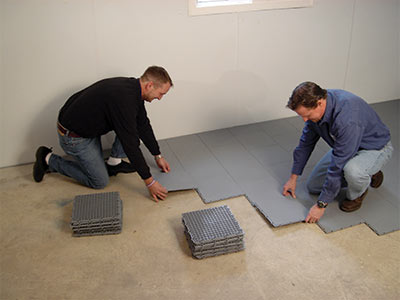

.jpg?widthu003d800u0026nameu003d11513489635_f12521f2a2_k%20(1).jpg)
/cdn.vox-cdn.com/uploads/chorus_image/image/66557428/GeorgiaColonial_02062020JA__43.7.jpg)

